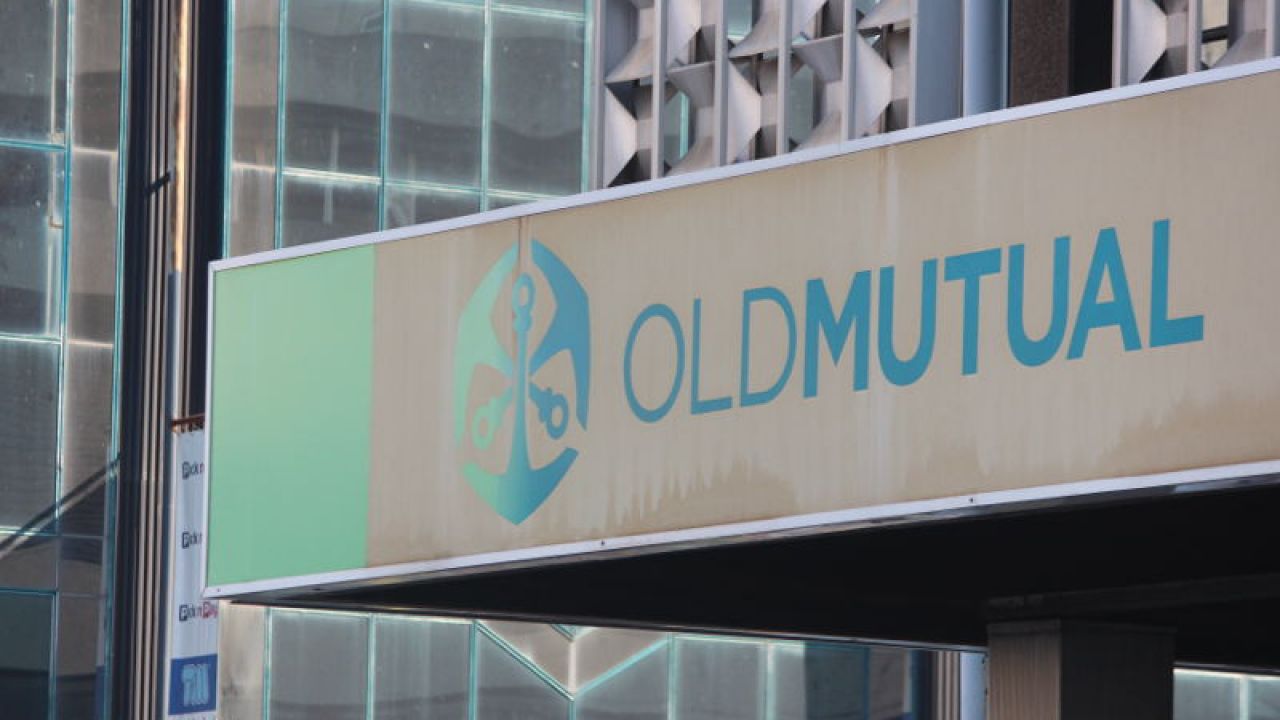
BY TATIRA ZWINOIRA
PROPERTY investment and development company, Mashonaland Holdings Limited (MHL), recorded a massive $1,66 billion loss for the half-year financial period ended March 31, owing to declining capacity utilisation and monetary policy inconsistencies.
The loss was from a profit after tax of $20,36 million in the comparative 2019 period from the one under review.
The MHL loss continues a trend of losses for listed firms that include Old Mutual Zimbabwe, Econet Wireless Zimbabwe Limited, RioZim Limited, and British American Tobacco Zimbabwe.
“The Group performed an internal full-scope valuation of its property portfolio as at 31 March 2020. The 41% increase in investment property value to $1,8 billion (ZWL1,2 billion: 30 September 2019) reflects the suppressed rental income growth against inflation, and the worsening real estate investment risks,” said MHL chairman Ron Mutandagayi, in a statement accompanying MHL’s financial results under review.
This was the main reason behind the value of total assets for MHL declining nearly 50% to $1,81 billion during the period under review, from $3,57 billion in the 2019 comparative.
“A comparative valuation performed as at 31 March 2020 in USD resulted in a 12% decline in the portfolio value to USD77,8 million (USD88,1 million: 30 September 2019). The central business district sector continues to bear the brunt of the economic downturn,” said Mutandagayi, who is also the new deputy president for the Bankers Association of Zimbabwe.
“High-income residential and strategically located land banks continue to exhibit some notable resilience to value-erosion.”
- Chamisa under fire over US$120K donation
- Mavhunga puts DeMbare into Chibuku quarterfinals
- Pension funds bet on Cabora Bassa oilfields
- Councils defy govt fire tender directive
Keep Reading
He added: “It is worth noting that the property market remains distorted mainly due to policy inconsistencies and the general prevailing macroeconomic conditions. The government gazetted Statutory Instrument (SI) 85 of 2020, which allowed customers an option to pay for goods and services using foreign currency, converted at a fixed rate.”
Mutandagayi said the rental and mortgage moratorium awarded to tenants through SI 96 of 2020 due to being unable to work during level one of the Covid-19 lockdown also significantly impacted on the business.
According to MHL, the general reduction in economic activity meant constrained rental growth as it could not match inflationary pressures with the Covid-19 pandemic further denting tenants’ rent-paying capacity.
While retail, warehousing and the logistics sectors are expected to show some resilience, they too have been put under strain following the disruption of global supply chains.
Also, the property sales sub-sector has largely remained subdued given currency fragilities with some activity noticeable in residential areas.
“Construction and maintenance costs continue to surge as service providers index their prices against the United States dollar. Most projects across the market have been frozen. Rising construction costs and the decline in rentals in real terms have rendered some projects unviable. Developers have largely adopted a wait-and-see attitude,” Mutandagayi said.
In light of these challenges, Mutandagayi said MHL was pursuing low-risk projects such as a cluster housing project in the Harare suburb of Bluff Hill and optimising the Charter House building in the CBD.
“The group secured its mixed-use development permit for the 42-hectare site in Ruwa. The group will continue to scout for strategic land banks to support diversification and growth thrust,” he said.
The half-year loss translated to basic and diluted earnings per share registering a negative 98,44 ZW cents, from a 2019 positive comparative of 1,20 ZW cents, leaving MHL in a serious loss-making position.
Despite the loss for the period under review, MHL saw revenue rise 44% to ZWL30,1 million in the period under review from a 2019 comparative of ZWL20,9 million owing to rent reviews in order to hedge against inflation.










